Future Cool
We live in a dual reality!
We live in a dual reality!

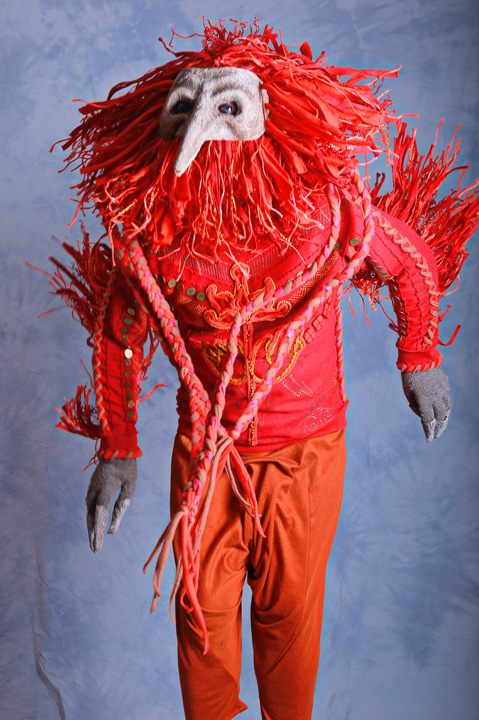
Who is right? The shaman from the jungle who tells you his myths about how you should shape your life – based on the knowledge of the indigenous tribe in which he lives? Or the Wall Street broker from New York who tells you his myths about what goals we should aim for in our lives? And: would you believe the shaman who explains to you how participation works? Or would you believe the stockbroker who tells you how participation works?

Our lives are based on myths. It doesn’t matter if it’s the shaman or the broker. Both are right, because they tell stories from the perspective of a society that has accepted certain rules. The tribe in the jungle accepted rules just as we accept the rules of the capital market. We are also inclined in the society in which we live to orient our actions towards supporting this system.
We need these myths so that billions of people can act collaboratively on this planet. Myths are cumulative information of laws, rules, values, norms and concrete actions that would be far too complex to communicate individually. They have become part of our reality to a certain extent because many people have agreed to believe the same thing. But it is only a reality that we tell each other over and over again and therefore believe in it.
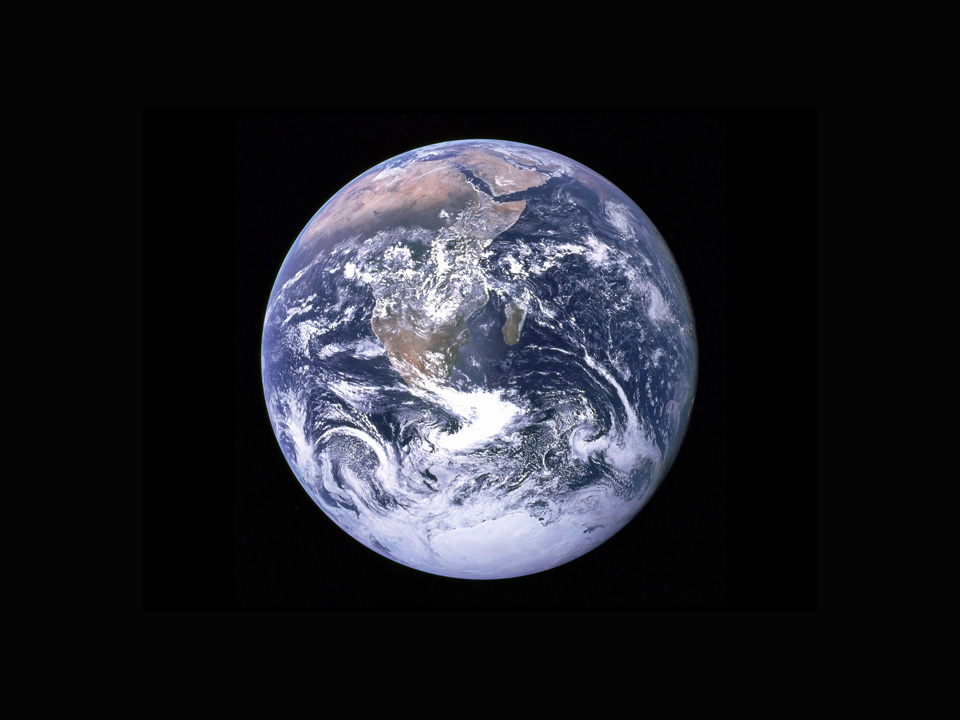
The “real” reality is us humans, our needs for love, togetherness, nature (and its balance) around us. The need for certain nutrients that we need as humans. We cannot change this “real” reality. Our “mythical” reality, on the other hand, we can. Quite simple, even: we just need to change the narrative behind it. Because that’s all it is.
So, we can’t change the basic principles of life, but we can change the way we shape and feel it! And we can do this simply by telling ourselves other stories, myths, in which we increasingly believe. So, in our story, is it important that we have a lot of possessions? Or is it important that we own something that, apart from its function, means something to us? Is it money that rules the world or happiness?
Do we believe in working like crazy between the ages of 20 and 70 and essentially enjoying life before and after, or do we do it all the time? Does it make sense to work eight to sixteen hours a day or are four hours enough for us (like our hunter-gatherer ancestors, by the way)?
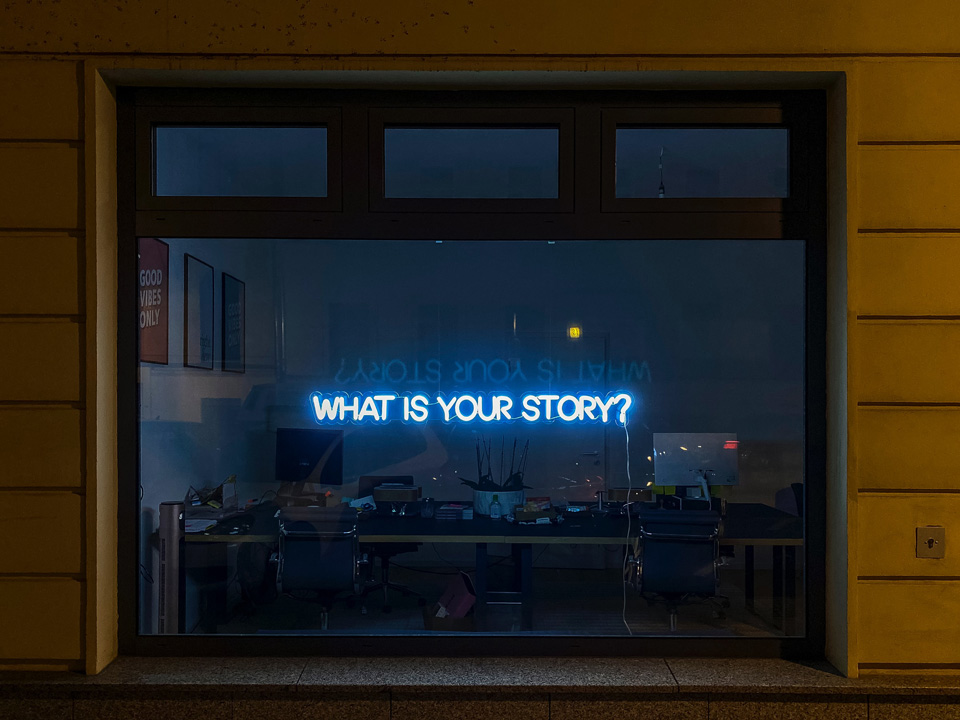
If we were smart, we would sit down, as the Greeks once did, and think about how we organise our society. After all, a lot has happened since then. Circumstances have changed, technologies have changed. Much of our reality today comes from a time when conditions were very different from today. In fact, in all of our daily lives, about 80% of the image we want to project to others is based on social conventions (myths) – not on our real needs. It’s actually crazy to think that we can change these conventions simply by telling new stories.
For these stories to work, they each need a framework, laws, trust and reliability. At the moment, however, we are trying to recognise changes in the world, but we are always trying to integrate them into our current stories and expand them, instead of starting a completely new story. This persistence with existing stories, in turn, is crazy. Because we see and feel that it does us no good.
Why don’t you tell yourself your own story that you really want to experience – or feel free to tell it to me or others.
That would be a good start for a new book of myths that we want to live with.


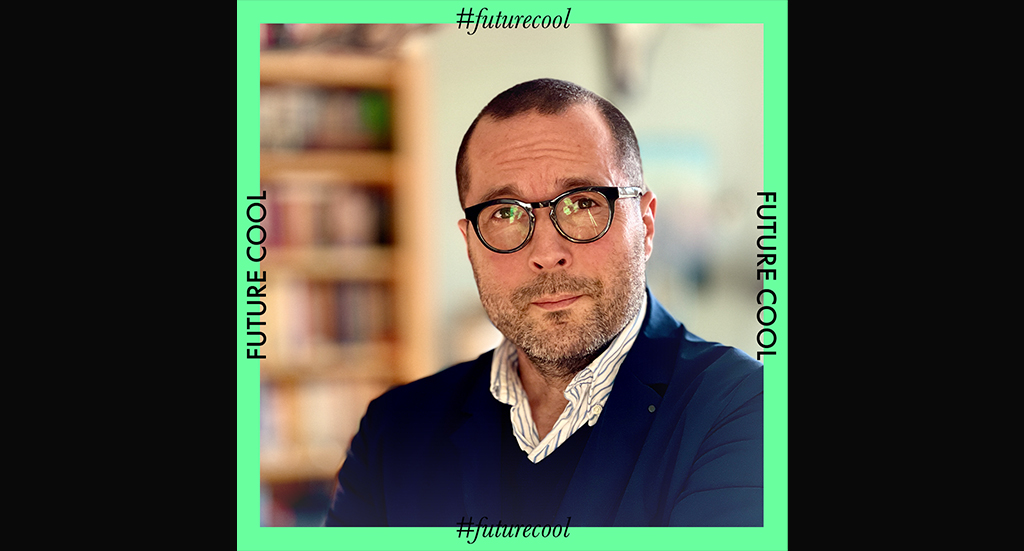


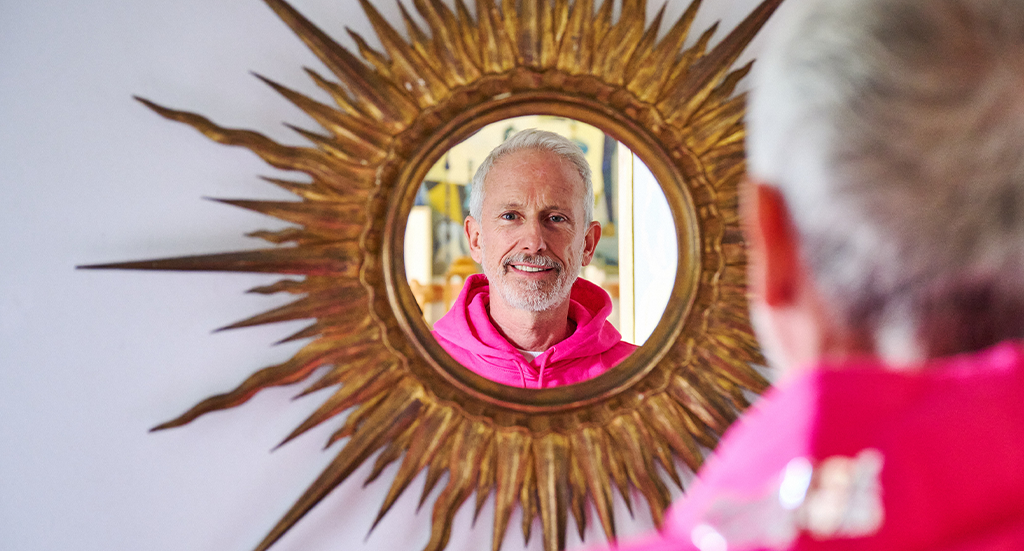
Join our Community